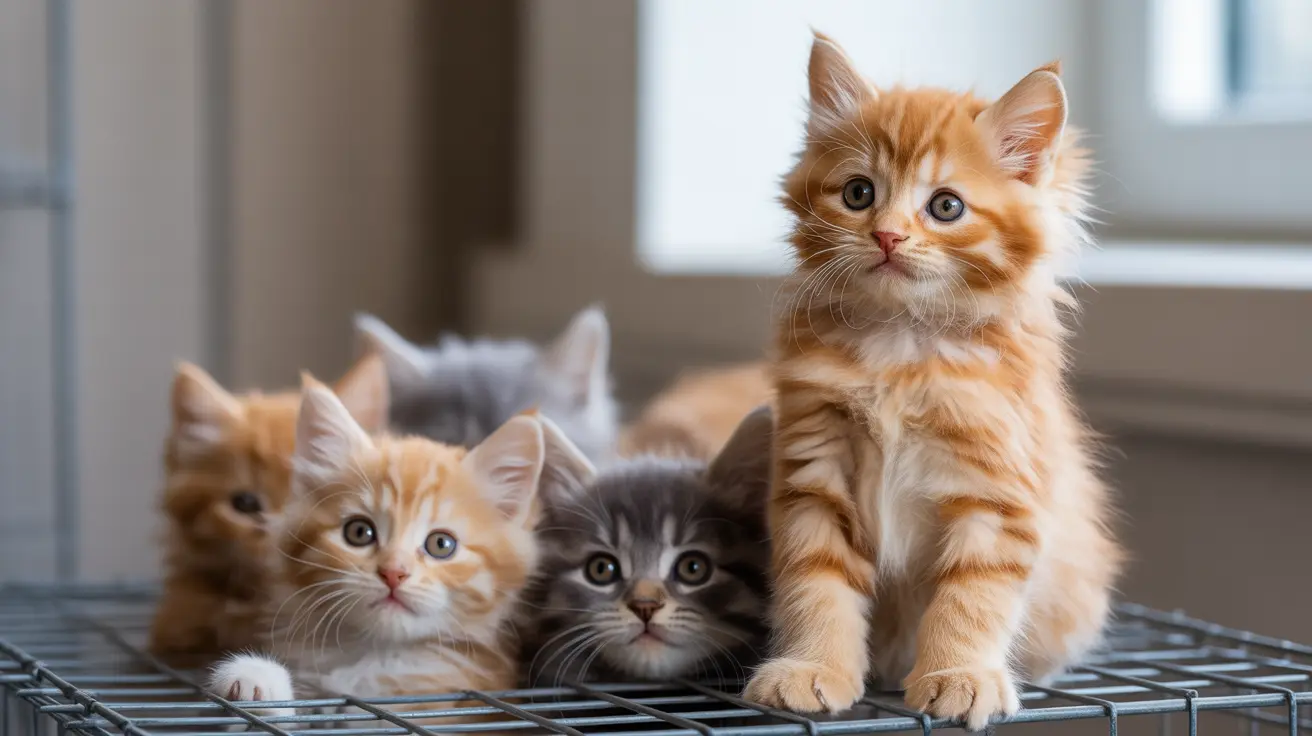Pet lovers in northern New York have an urgent opportunity to provide loving homes for shelter animals as Malone and Constable Animal Control prepares to permanently close its doors. Owner Penny Landry, who has dedicated years to caring for abandoned and stray animals in the region, is retiring, prompting the shelter to offer all remaining animals for completely free adoption.
This unexpected closure highlights the ongoing challenges facing rural animal shelters across New York State, particularly as new regulations and financial pressures force difficult decisions. For local pet parents and animal advocates, the situation presents both an opportunity to save lives and a reminder of the critical role community support plays in animal welfare.
Penny Landry Retirement Triggers Shelter Closure
The closure of Malone and Constable Animal Control stems from owner Penny Landry's decision to retire after years of serving the animal welfare needs of northern New York communities. As a small, locally-operated facility, the shelter has relied heavily on Landry's personal commitment and resources to maintain operations.
When shelter operators retire without succession plans, the immediate priority becomes finding emergency placement for all animals in care. This reality has prompted the shelter to waive all adoption fees, removing financial barriers that might prevent qualified families from providing homes for these vulnerable pets.
Free Pet Adoption Campaign Creates Urgent Timeline
The free pet adoption initiative at Malone and Constable Animal Control represents more than just a cost-saving measure for potential pet parents. This type of emergency placement effort typically indicates shelter operators are working against tight deadlines to ensure no animal is left without care when facilities officially close.
Free adoption events often generate increased interest from potential pet parents, but responsible shelters still maintain screening processes to ensure proper matches between pets and families. Even during urgent placement situations, reputable facilities prioritize long-term success over quick placement numbers.
Rural Animal Shelter Challenges in Northern New York
The closure of Malone and Constable Animal Control reflects broader challenges facing rural animal shelters throughout New York State. Smaller facilities often operate with limited funding, volunteer support, and resources compared to urban counterparts, making them particularly vulnerable to regulatory changes and economic pressures.
New York shelter regulations for 2025 require significant facility upgrades, including larger enclosures and enhanced animal comfort standards. While these improvements benefit animal welfare, the associated costs can overwhelm smaller shelters operating on tight budgets without major donor support or municipal funding.
Supporting Animal Welfare After Shelter Closures
When local shelters close, nearby facilities like the North Country SPCA in Elizabethtown often absorb displaced animals, creating increased capacity pressures throughout the regional animal welfare network. This ripple effect emphasizes why community support becomes even more critical during transition periods.
Pet parents interested in supporting ongoing animal welfare efforts can contribute through multiple channels:
- Adopting from overwhelmed neighboring shelters
- Fostering animals during transition periods
- Volunteering time and skills
- Providing financial donations to help facilities manage increased intake numbers
Making Responsible Adoption Decisions
While free adoption opportunities create excellent chances for families to welcome new pets, successful adoptions require careful consideration beyond initial cost savings. Potential adopters should evaluate their long-term ability to provide veterinary care, training, exercise, and companionship regardless of initial adoption fees.
During emergency placement situations, shelters may house animals with varying backgrounds, ages, and behavioral needs. First-time pet parents should honestly assess their experience levels and choose animals matching their capabilities to ensure positive outcomes for both families and pets.
Frequently Asked Questions
Why are all animals at Malone and Constable Animal Control available for free adoption now?
The shelter is closing because the owner, Penny Landry, is retiring, so they are offering all remaining animals for free adoption to ensure they find new homes before the shelter shuts down.
How can I adopt a pet from Malone and Constable Animal Control's free adoption event?
Interested adopters should act quickly by contacting the shelter or following local news and social media updates for availability and adoption procedures since all animals are being rehomed urgently.
What should I know about adopting a pet during a shelter closure or free adoption campaign?
While free adoption events increase adoption rates, they may require responsible screening to ensure pets are matched with suitable homes, especially for seniors or pets with behavioral challenges.
What impact will New York State's 2025 animal shelter regulations have on local shelters?
New regulations require costly facility upgrades, such as larger enclosures and improved animal comfort standards, leading some smaller rural shelters like Malone and Constable to close if they cannot afford compliance.
Which local shelters can I turn to for adopting or helping pets after Malone and Constable Animal Control closes?
Nearby shelters such as the North Country SPCA in Elizabethtown, NY, may absorb displaced pets. Supporting these shelters through adoption, fostering, volunteering, or donations is essential for continued animal welfare in the region.
The closure of Malone and Constable Animal Control serves as a poignant reminder that animal welfare depends on community engagement and support. While this particular chapter ends with Penny Landry's well-deserved retirement, the urgent need for loving homes continues throughout northern New York. Pet parents who step forward during this critical time don't just gain wonderful companions—they become part of a compassionate network ensuring no animal faces an uncertain future alone.






